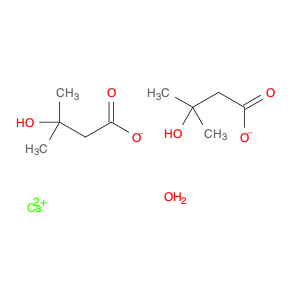3-Hydroxybutanoic acid, also known as beta-hydroxybutyric acid, is a key compound widely used in chemical synthesis. This versatile organic acid serves as a crucial building block in the production of various pharmaceuticals, agrochemicals, and fine chemicals. Its significance lies in its ability to participate in numerous chemical reactions and pathways, making it an indispensable ingredient in the synthesis of complex molecules.One prominent application of 3-Hydroxybutanoic acid in chemical synthesis is as a precursor for the synthesis of polyhydroxyalkanoates (PHA). PHA are biodegradable polyesters with a wide range of applications, including bioplastics, biodegradable packaging materials, and biomedical devices. 3-Hydroxybutanoic acid serves as a monomer in the polymerization process to form PHA, contributing to the development of sustainable and environmentally friendly materials.Additionally, 3-Hydroxybutanoic acid can be utilized in the synthesis of various pharmaceutical compounds. Its functional groups allow for the introduction of specific molecular motifs required for the design and production of drug molecules. By incorporating 3-Hydroxybutanoic acid into pharmaceutical synthesis, chemists can access novel compounds with potential therapeutic applications in areas such as medicine and healthcare.Furthermore, 3-Hydroxybutanoic acid plays a crucial role in the production of chiral building blocks for organic synthesis. Its stereochemistry and reactivity enable the creation of enantiomerically pure compounds, which are essential in the development of pharmaceuticals, agrochemicals, and advanced materials. Through strategic transformations of 3-Hydroxybutanoic acid, chemists can access a diverse array of chiral molecules with tailored properties for specific industrial applications.
 sales@aaronchem.com
sales@aaronchem.com






































